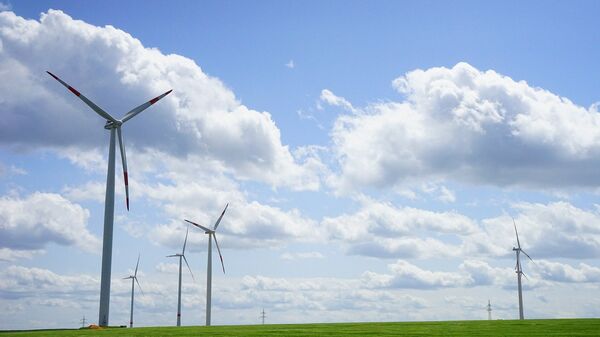"There's no doubt that we have to transform energy supply, whether it's electricity or fossil fuels, we have to move towards a low-emissions economy. The energy market, the energy supply system is massive. It is very hard to change and a substantial change would take 20, 30 or even 40 years," Finkel said on the sidelines of the 60th General Conference of the International Atomic Energy Agency (IAEA) in Vienna.
Despite political differences between Russia and Australia, it is important to keep alive relations between the nuclear scientists of the two countries, Finkel said.
In September 2014, Australia's then-Prime Minister Anthony Abbott suspended uranium sales to Russia under a nuclear cooperation agreement until further notice due to the crisis in Ukraine.
The Australia-Russia nuclear agreement does not allow the use of Australian uranium in Russian power plant but only its enrichment for third countries.
The agreement also forbids the use of nuclear materials or technology, transferred under the deal, for military purposes.
The IAEA 60th General Conference is taking place in Vienna, Austria on September 26-30. The annual meeting brings together high-ranking officials and representatives from all 168 IAEA member states.






